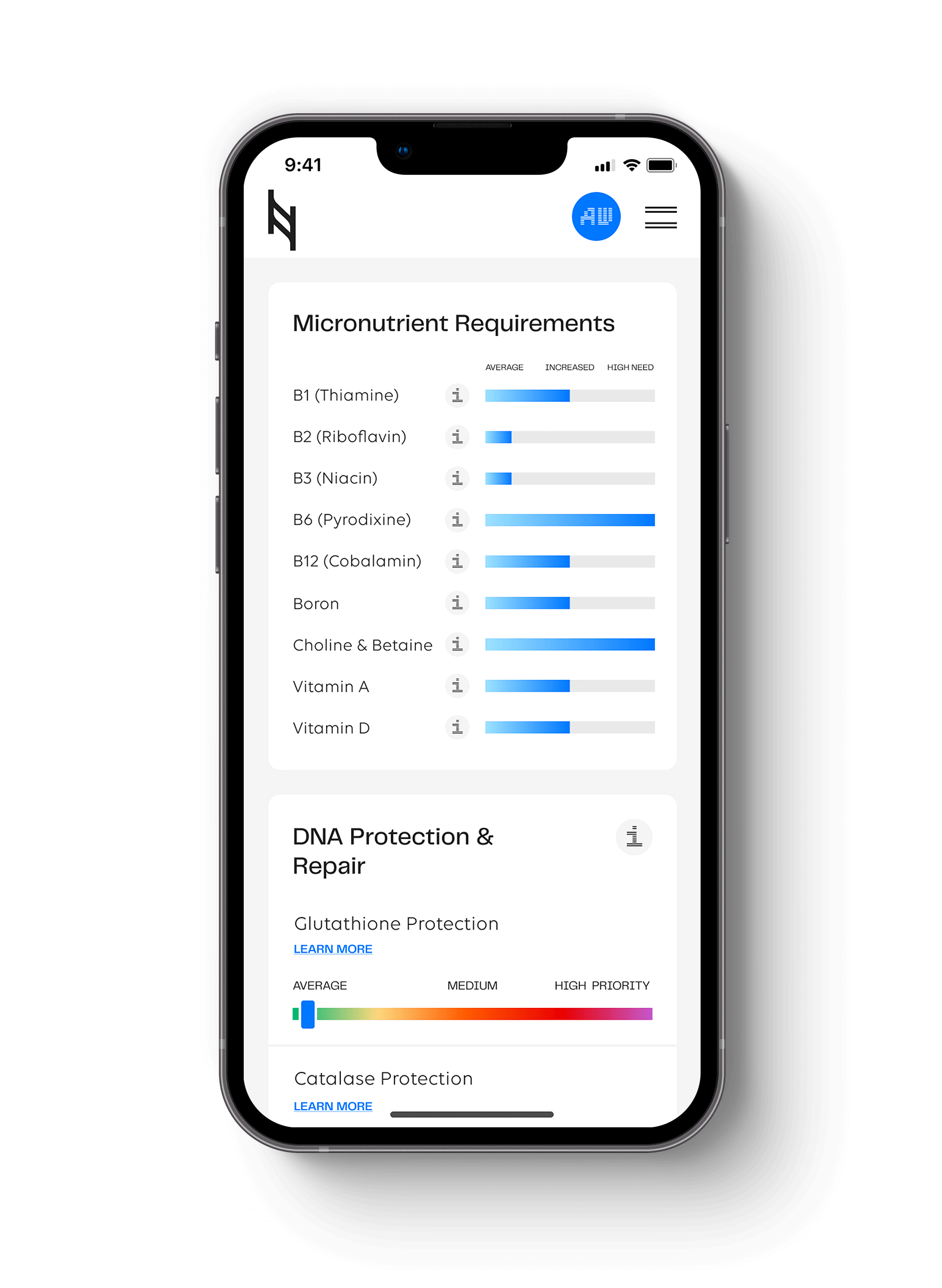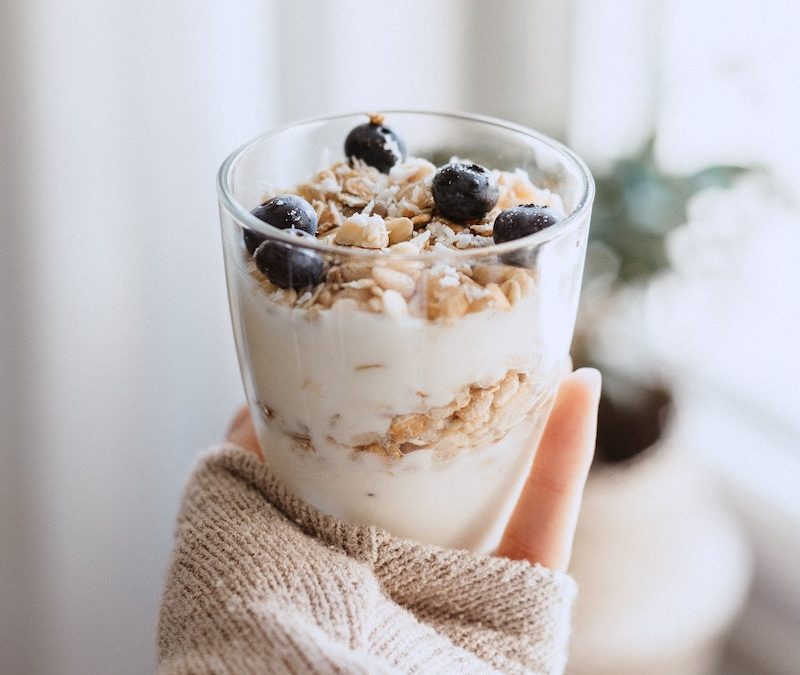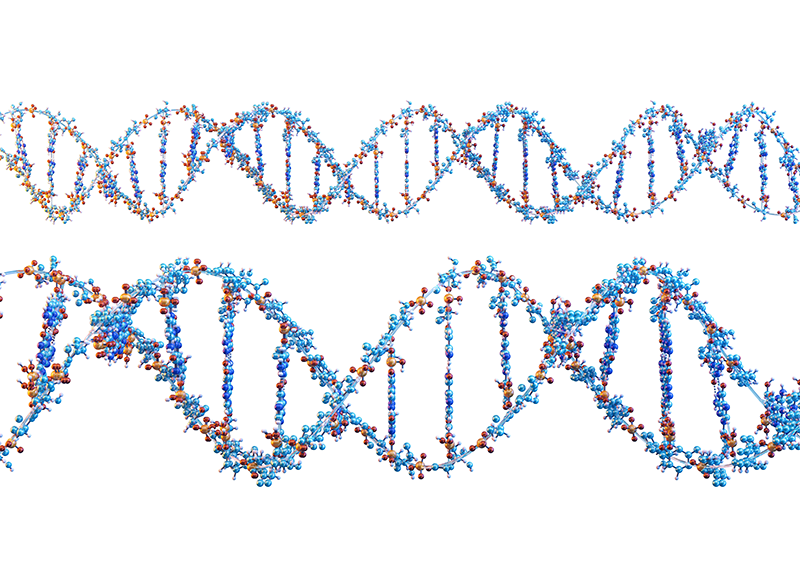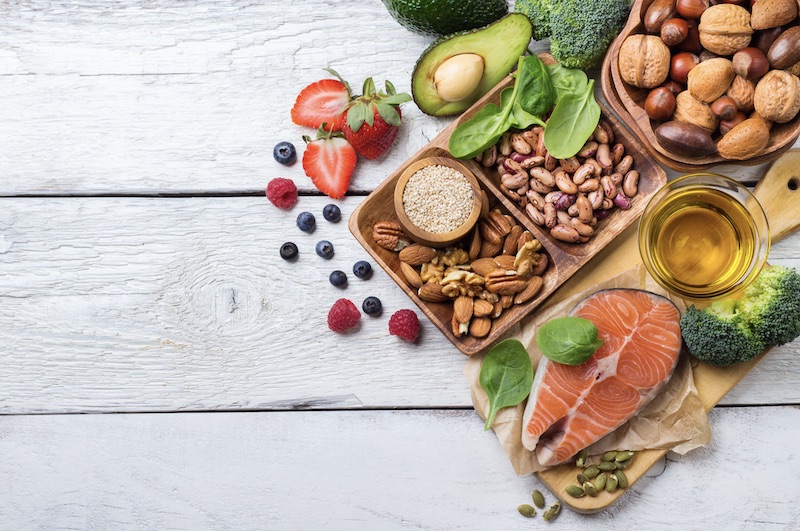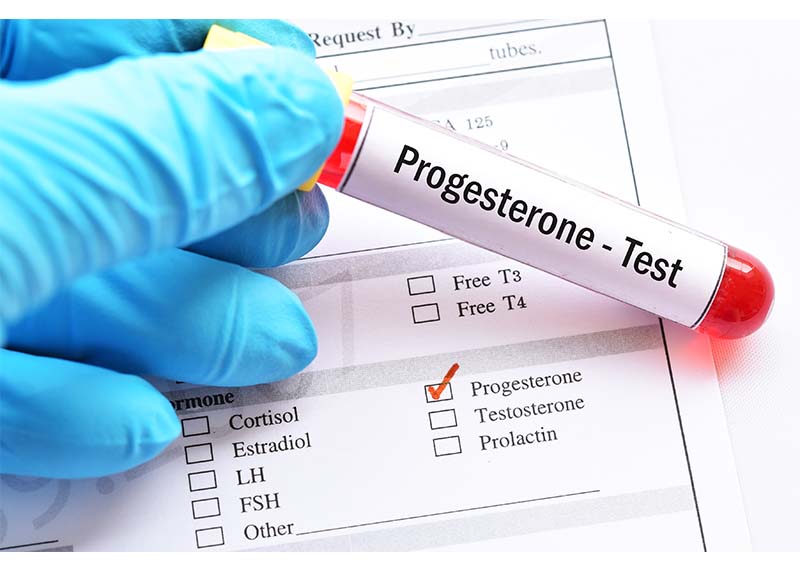Welcome to the first blog post of our immunity series, where we give you actionable immune system research on individual genes in the Nutrition Genome Report. Each post in this series will show you where to find the gene in your report, the genotype of interest, evolutionary reasons for these variants when available, new genetic research on immune function, and an action plan when relevant to you.
FUT2 Gene and Genotype
Gene: FUT2 that controls prebiotic production, B12 absorption, and how much bifidobacteria you carry in your digestive tract.
Report Section: Digestion Section
Clinically Significant Genotype: rs601338 homozygous AA genotype
Ancestral Backstory
Pathogenic viruses are a type of selective pressure that has accounted for 30 percent of human genome evolution. Our personal ancestral story includes the selective pressures of viruses from our family’s migration routes. While females have been found to have a more robust viral immune response than men, there are also genetic differences in how we respond to each individual viral strain.
Approximately 30 percent of people with European ancestry and 20 percent of those with African ancestry carry the homozygous AA version of SNP rs601338 in the FUT2 gene. Another haplotype has also been discovered in East Asia. While not conclusive, it appears that specific environmental pathogens caused selective pressure for each FUT2 genotype.
Connection to Immunity
Approximately 80% of your immune system is in your gut. The good bacteria bifidobacterium is highest in breast-fed infants and has been found to be lower in the higher-risk demographics for COVID-19 including those with diabetes, obesity, asthma and the elderly. Those with celiac disease and dermatitis may also have lower levels of bifidobacteria. In infants, longer breastfeeding duration lowered the risk of diarrhea, pneumonia, and bronchitis independent of FUT2 genotype.
The inactive “non-secretor” homozygous AA genotype confers resistance to certain infections including the Norovirus, Rotavirus and H. Pylori, but is more susceptible to other infections.
The AA genotype also has been found to increase the susceptibility to Haemophilus influenzae (pneumonia, meningitis, ear infections, bronchitis, bloodstream infections, throat swelling, skin infections, and infectious arthritis), the mumps virus, Candida, and certain autoimmune disorders.
A fascinating find is that the microbiome of the AA genotype has been found to be different than the GG or AG genotype. The AA individuals lacked or were rarely colonized by several strains of the probiotic Bifidobacteria (B. bifidum, B. adolescentis and B. catenulatum/pseudocatenulatum), while several other bacterial genotypes were more common and dominant. This could also affect folate levels because the highest extracellular folate levels were produced by four strains of B. adolescentis and two of B. pseudocatenulatum.
Action Plan
- Bifidobacteria may help modulate the immune system and help protect the lower respiratory tract against infection. Bifidobacteria bifidum is a strain found in yogurt that has been shown to improve the immune system, and Bifidobacterium animalis and lactis were found to reduce the severity of upper respiratory infection. However, prebiotics may be the best way to increase bifidobacteria populations.
- Prebiotics – found in foods like bananas, garlic, leeks, barley, asparagus, pistachios, onions, and polyphenol-rich foods – have been found in human trials to increase bifidobacteria levels. Look for black currants, cacao, white mulberries, goji berries and black raspberries for additional anti-viral properties along with the polyphenols.
- Oligosaccharides in fermented dairy and chlorogenic acid in coffee have also been found to increase bifidobacteria.
Sources
- https://academic.oup.com/mbe/article/26/9/1993/1189292
- https://www.ncbi.nlm.nih.gov/pmc/articles/PMC6171556/
- https://www.cdc.gov/hi-disease/about/types-infection.html
- https://www.ncbi.nlm.nih.gov/pmc/articles/PMC3098274/
- https://www.ncbi.nlm.nih.gov/pmc/articles/PMC4078018/
- https://www.ncbi.nlm.nih.gov/pmc/articles/PMC4448301/
- https://www.ncbi.nlm.nih.gov/pubmed/19102766
- https://www.ncbi.nlm.nih.gov/pubmed/24878320
- http://europepmc.org/article/PMC/3911076
- https://www.frontiersin.org/articles/10.3389/fmicb.2016.00979/full
- https://www.ncbi.nlm.nih.gov/pmc/articles/PMC4908950/
- https://www.ncbi.nlm.nih.gov/pmc/articles/PMC95685/
- https://www.ncbi.nlm.nih.gov/pmc/articles/PMC6687504/
Hit your health goals faster
We'll help you remove the guesswork
Experience the most advanced nutrigenomic test available, covering 100 clinically relevant genes for a "whole body" analysis. Take control of your health today.
$359
